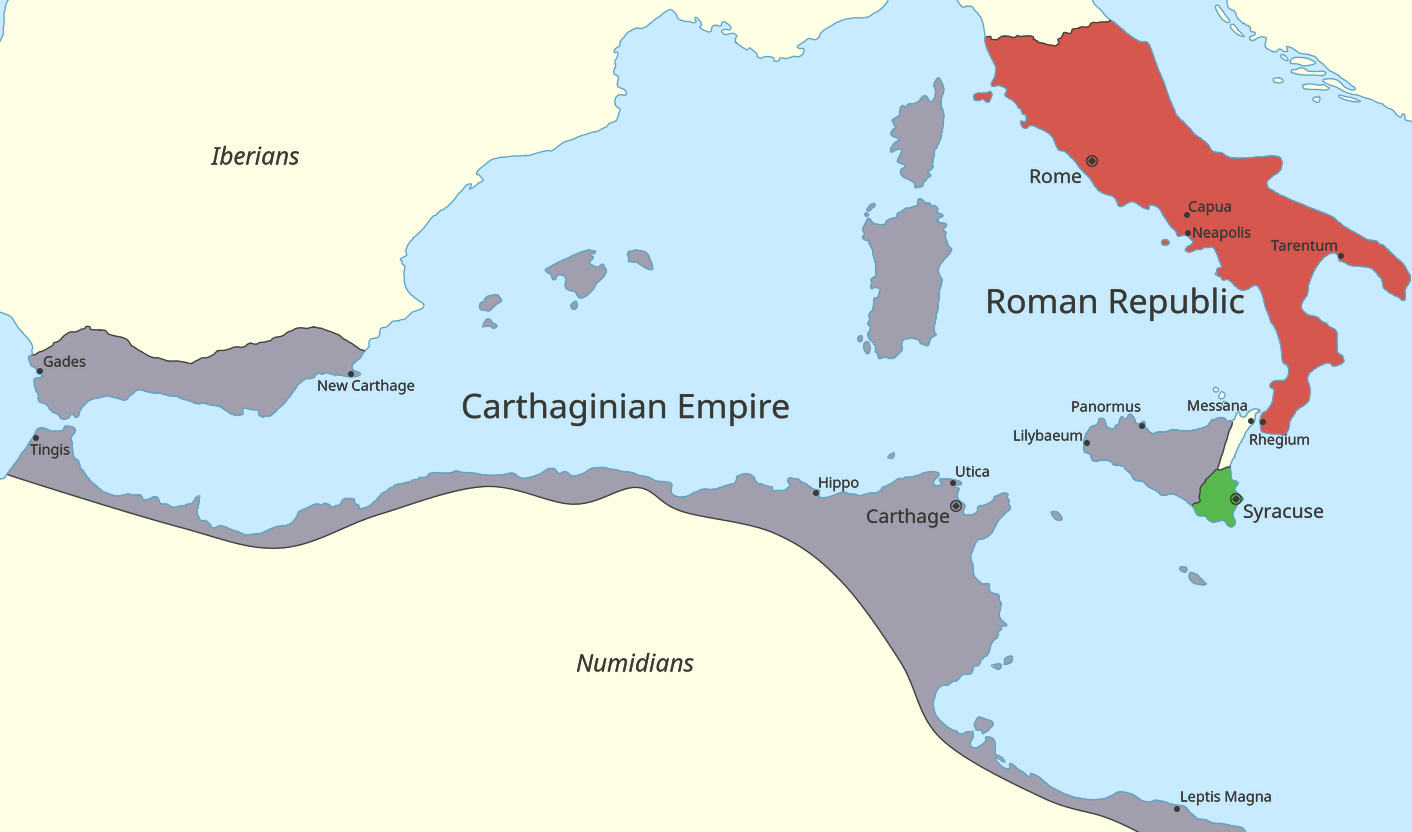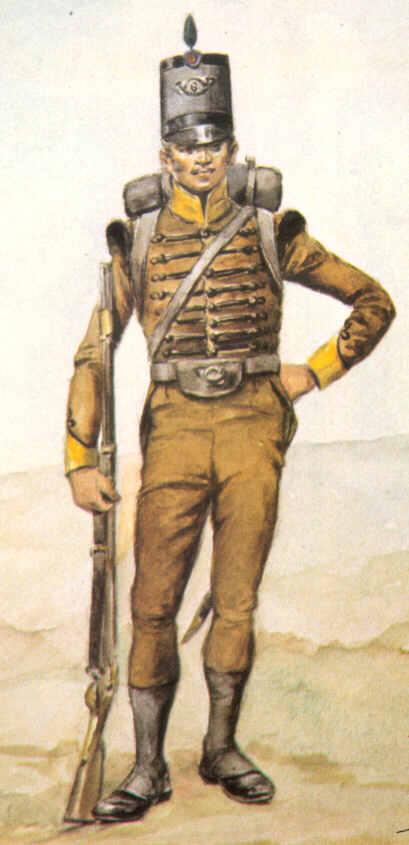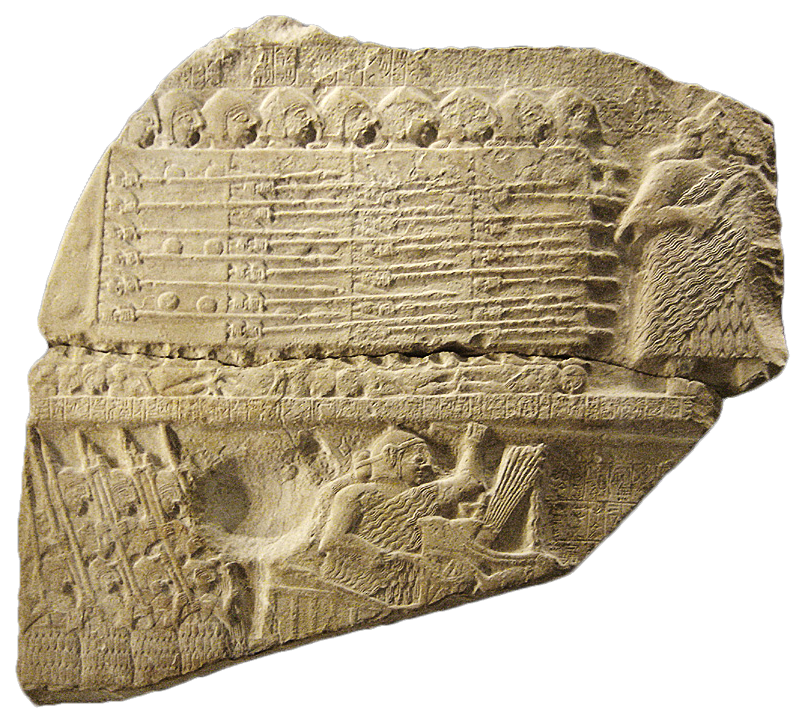|
Siege Of Tunis (Mercenary War)
During the siege of Tunis in October 238 BC a rebel army under Mathos was besieged by a Ancient Carthage, Carthaginian force under Hamilcar Barca and Hannibal (Mercenary War), Hannibal. The Military of Carthage, Carthaginian army, which had served in Sicily during the First Punic War, mutiny, mutinied in late 241 BC in the wake of Carthage's defeat, starting the Mercenary War. After three years of increasingly bitter war, the Carthaginians defeated the rebel field army at the Battle of the Saw, capturing its leaders. The Carthaginians then moved to besiege the rebels' strongest remaining stronghold at Tunis. The Carthaginian commander, Hamilcar, split his forces to blockade the rebels from both north and south. At the northern camp, commanded by his subordinate Hannibal, he had the ten captured rebel leaders tortured to death and their bodies Crucifixion, crucified before returning to his own base to the south of Tunis. Mathos organised a night attack against Hannibal's camp, w ... [...More Info...] [...Related Items...] OR: [Wikipedia] [Google] [Baidu] |
Mercenary War
The Mercenary War, also known as the Truceless War, was a mutiny by troops that were employed by Ancient Carthage, Carthage at the end of the First Punic War (264241 BC), supported by uprisings of African settlements revolting against Carthaginian control. It lasted from 241 to late 238 or early 237 BC and ended with Carthage suppressing both the mutiny and the revolt. The war began in 241 BC as a dispute over the payment of wages owed to 20,000 foreign soldiers who had fought for Carthage in Sicily during the First Punic War. When a compromise seemed to have been reached, the army erupted into full-scale mutiny under the leadership of Spendius (Mercenary War), Spendius and Mathos, Matho. 70,000 Africans from Carthage's oppressed dependent territories flocked to join them, bringing supplies and finance. War-weary Carthage fared poorly in the initial engagements of the war, especially under the generalship of Hanno II the Great, Hanno. Hamilcar Barca, a veteran ... [...More Info...] [...Related Items...] OR: [Wikipedia] [Google] [Baidu] |
Treaty Of Lutatius
The Treaty of Lutatius was the agreement between Carthage and Rome of 241 BC (amended in 237 BC), that ended the First Punic War after 23 years of conflict. Most of the fighting during the war took place on, or in the waters around, the island of Sicily and in 241 BC a Carthaginian fleet was defeated by a Roman fleet commanded by Gaius Lutatius Catulus while attempting to lift the blockade of its last, beleaguered, strongholds there. Accepting defeat, the Carthaginian Senate ordered their army commander on Sicily, Hamilcar Barca, to negotiate a peace treaty with the Romans, on whatever terms he could negotiate.Polybius, ''Histories'' Book 1 Chapter 62. Perseus Digital Library: https://www.perseus.tufts.edu/hopper/text?doc=Perseus%3Atext%3A1999.01.0234%3Abook%3D1%3Achapter%3D62 A draft treaty was rapidly agreed upon, but when it was referred to Rome for ratification it was rejected. Rome then sent a ten-man commission to settle the matter. This in turn agreed that Carthage would ... [...More Info...] [...Related Items...] OR: [Wikipedia] [Google] [Baidu] |
Light Infantry
Light infantry refers to certain types of lightly equipped infantry throughout history. They have a more mobile or fluid function than other types of infantry, such as heavy infantry or line infantry. Historically, light infantry often fought as Reconnaissance, scouts, Raid (military), raiders, and skirmishers. These are loose formations that fight ahead of the main army to harass, delay, disrupt supply lines, engage the enemy's own skirmishing forces, and generally "soften up" an enemy before the main battle. Light infantrymen were also often responsible for Screening (tactical), screening the main body of a military formation. Following World War II, the term "light infantry" has evolved to include rapid-deployment units (including commando and Airborne forces, airborne units) that emphasize speed and mobility over armor and firepower. Some units or battalions that historically held a skirmishing role retain their designation "light infantry" for the sake of tradition. His ... [...More Info...] [...Related Items...] OR: [Wikipedia] [Google] [Baidu] |
Numidians
The Numidians were the Berber population of Numidia (present-day Algeria). The Numidians were originally a semi-nomadic people, they migrated frequently as nomads usually do, but during certain seasons of the year, they would return to the same camp. The Numidians soon became more than pastoralists and started to engage in more urban professions. The Numidians were one of the earliest Berber tribes to trade with Carthaginian settlers. As Carthage grew, the relationship with the Numidians blossomed. Carthage's military used the Numidian cavalry as mercenaries. Numidia provided some of the highest quality cavalry of the Second Punic War, and the Numidian cavalry played a key role in several battles, both early on in support of Hannibal and later in the war after switching allegiance to the Roman Republic. Numidian culture flourished between the end of the Second Punic War and around the Roman conquest, with Masinissa as the first king of a unified Numidia. History Reign of Ma ... [...More Info...] [...Related Items...] OR: [Wikipedia] [Google] [Baidu] |
Spear
A spear is a polearm consisting of a shaft, usually of wood, with a pointed head. The head may be simply the sharpened end of the shaft itself, as is the case with Fire hardening, fire hardened spears, or it may be made of a more durable material fastened to the shaft, such as bone, flint, obsidian, copper, bronze, iron, or steel. The most common design for hunting and/or warfare, since modern times has incorporated a metal spearhead shaped like a triangle, lozenge (shape), diamond, or Glossary of leaf morphology, leaf. The heads of fishing spears usually feature multiple sharp Tine (structural), points, with or without barbs. Spears can be divided into two broad categories: those designed for thrusting as a melee weapon (including weapons such as lances and Pike (weapon), pikes) and those designed for throwing as a ranged weapon (usually referred to as javelins). The spear has been used throughout human history as a weapon for hunting and/or fishing and for warfare. Along with ... [...More Info...] [...Related Items...] OR: [Wikipedia] [Google] [Baidu] |
Close Order Formation
Close may refer to: Music * ''Close'' (Kim Wilde album), 1988 * ''Close'' (Marvin Sapp album), 2017 * ''Close'' (Sean Bonniwell album), 1969 * "Close" (Sub Focus song), 2014 * "Close" (Nick Jonas song), 2016 * "Close" (Rae Sremmurd song), 2018 * "Close" (Jade Eagleson song), 2020 * " Close (to the Edit)", a 1984 song by Art of Noise * "Close", song by Aaron Lines from '' Living Out Loud'' * "Close", song by AB6IX from ''Mo' Complete: Have A Dream'' * "Close", song by Drumsound & Bassline Smith from ''Wall of Sound'' * "Close", song by Rascal Flatts from '' Unstoppable'' * "Close", song by Soul Asylum from '' Candy from a Stranger'' * "Close", song by Westlife from '' Coast to Coast'' * "Close", song by French electronic group Telepopmusik and English vocalist Deborah Anderson, from their album '' Angel Milk'' Other uses * Close (surname) * Cathedral close, the area surrounding a cathedral, typically occupied by buildings associated with it * ''Close'' (2019 film), an act ... [...More Info...] [...Related Items...] OR: [Wikipedia] [Google] [Baidu] |
Ancient Libya
During the Iron Age and Classical antiquity, ''Libya'' (from Greek :wikt:Λιβύη, Λιβύη: ''Libyē'', which came from Berber language, Berber: ''Libu'') referred to the area of North Africa directly west of the Nile, Nile river (Modern day Libya, Tunisia, Algeria and Morocco), not to be confused with the modern country of Libya, which only represents the eastern part of the territory at the time. Ancient Libya was one of the three parts of the world of the ancients (Libya, Asia, Europa). The territory also had part of the Mediterranean Sea named after it called the Libyan Sea or ''Mare Libycum'' which was the part of the Mediterranean Sea, Mediterranean south of Crete, between Cyrene, Libya, Cyrene and Alexandria. Ancient Greece, Greek and Roman people, Roman geographers placed the dividing line between Libya and Asia at the Nile because the entire region south of the Mediterranean and west of the Nile was homogeneous linguistically, and the Berber language was used all acr ... [...More Info...] [...Related Items...] OR: [Wikipedia] [Google] [Baidu] |
Adrian Goldsworthy
Adrian Keith Goldsworthy (; born 1969) is a British historian and novelist who specialises in ancient Roman history. Education Adrian Goldsworthy attended Westbourne School, Penarth. He then read Ancient and Modern History at St John's College, Oxford, completing a D.Phil. in ancient military history from the University of Oxford in 1994. That dissertation laid the foundation of his first book, ''The Roman Army at War 100 BC – AD 200''. Career Goldsworthy was appointed a Junior Research Fellow at Cardiff University for two years, taught briefly at King's College London and was an assistant professor on the University of Notre Dame's London programme for six years. His expertise is in Roman history, but he has also taught a course on the military history of the Second World War. Goldsworthy has appeared on History Channel documentaries and the television game show '' Time Commanders'', serving as an expert on battles being fought by the contestants. He gave a speech about Rom ... [...More Info...] [...Related Items...] OR: [Wikipedia] [Google] [Baidu] |
Polybius
Polybius (; , ; ) was a Greek historian of the middle Hellenistic period. He is noted for his work , a universal history documenting the rise of Rome in the Mediterranean in the third and second centuries BC. It covered the period of 264–146 BC, recording in detail events in Italy, Iberia, Greece, Macedonia, Syria, Egypt and Africa, and documented the Punic Wars and Macedonian Wars among many others. Polybius' ''Histories'' is important not only for being the only Hellenistic historical work to survive in any substantial form, but also for its analysis of constitutional change and the mixed constitution. Polybius' discussion of the separation of powers in government, of checks and balances to limit power, and his introduction of "the people", all influenced Montesquieu's '' The Spirit of the Laws'', John Locke's '' Two Treatises of Government'', and the framers of the United States Constitution. The leading expert on Polybius for nearly a century was F. W. Walbank (1909 ... [...More Info...] [...Related Items...] OR: [Wikipedia] [Google] [Baidu] |
Berbers
Berbers, or the Berber peoples, also known as Amazigh or Imazighen, are a diverse grouping of distinct ethnic groups indigenous to North Africa who predate the arrival of Arab migrations to the Maghreb, Arabs in the Maghreb. Their main connections are identified by their usage of Berber languages, most of them mutually unintelligible, which are part of the Afroasiatic languages, Afroasiatic language family. They are indigenous peoples, indigenous to the Maghreb region of North Africa, where they live in scattered communities across parts of Morocco, Algeria, Libya, and to a lesser extent Tunisia, Mauritania, northern Mali and northern Niger. Smaller Berber communities are also found in Burkina Faso and Egypt's Siwa Oasis. Descended from Stone Age tribes of North Africa, accounts of the Imazighen were first mentioned in Egyptian hieroglyphs, Ancient Egyptian writings. From about 2000 BC, Berber languages spread westward from the Nile, Nile Valley across the northern Sahara int ... [...More Info...] [...Related Items...] OR: [Wikipedia] [Google] [Baidu] |
Slavery In Ancient Rome
Slavery in ancient Rome played an important role in society and the economy. Unskilled or low-skill slaves labored in the fields, mines, and mills with few opportunities for advancement and little chance of freedom. Skilled and educated slaves—including artisans, chefs, domestic staff and personal attendants, #Gladiators, entertainers, and prostitutes, entertainers, business managers, accountants and bankers, educators at all levels, secretaries and librarians, civil servants, and physicians—occupied a more privileged tier of servitude and could hope to obtain freedom through one of several well-defined paths with protections under the law. The possibility of #Manumission, manumission and subsequent citizenship was a distinguishing feature of Rome's system of slavery, resulting in a significant and influential number of freedpersons in Roman society. At all levels of employment, free working people, former slaves, and the enslaved mostly did the same kinds of jobs. Elite Ro ... [...More Info...] [...Related Items...] OR: [Wikipedia] [Google] [Baidu] |
Spendius (Mercenary War)
Spendius (died late 238BC) was a former Roman slave who led a rebel army against Carthage, in what is known as the Mercenary War. He escaped or was rescued from slavery in Campania and was recruited into the Carthaginian Army during the First Punic War at some point prior to 241 BC. Spendius's date of birth is unknown, as are most details of his activities prior to his coming to prominence as a mutineer in 241 BC. After the First Punic War, Carthage attempted to pay its soldiers less than the full amount due to them before demobilising them. Spendius faced death by torture if he were returned to Roman authority and took a dim view of the increasingly warm relationship between Carthage and Rome. He came to the fore as a member of the army most vocal in resisting Carthaginian efforts to settle the dispute. When the disagreement broke down into a full-scale mutiny in late 241 BC he was elected co-general with the African Mathos by his fellow mutineers. Mathos spread the news o ... [...More Info...] [...Related Items...] OR: [Wikipedia] [Google] [Baidu] |





